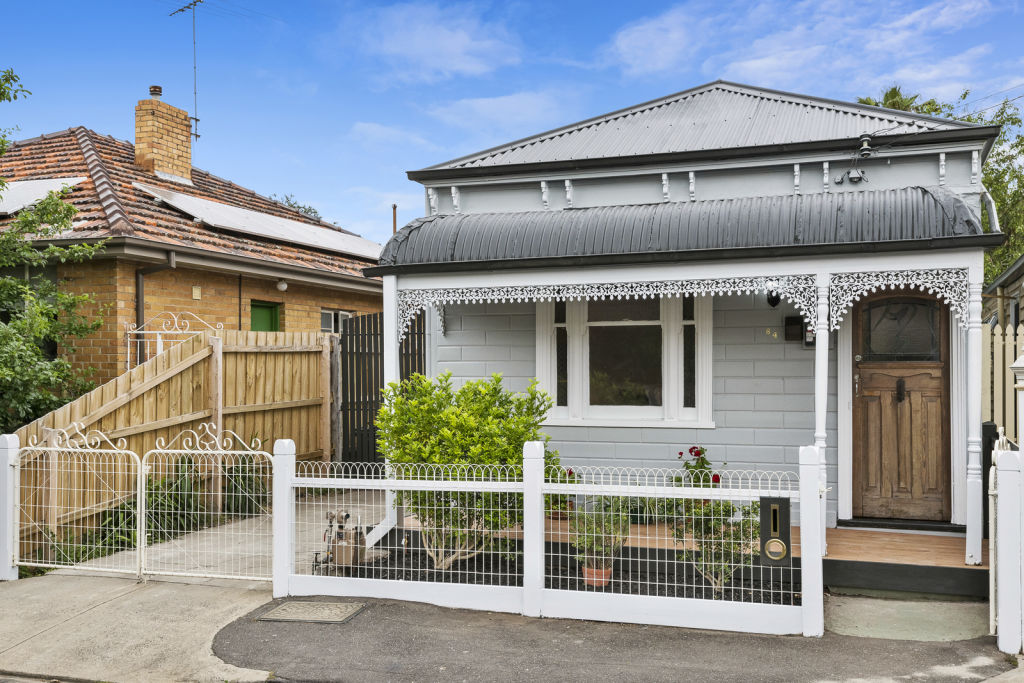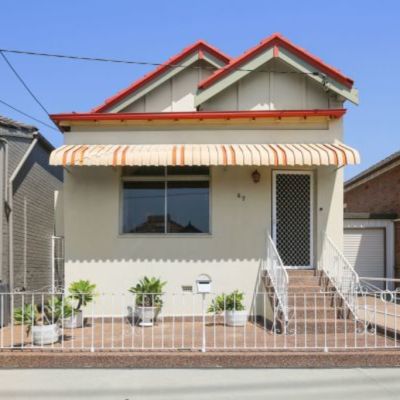How to turn your first home into an investment property when upgrading

Home owners considering upgrading may be wondering whether it’s possible to keep their current home and convert it to an investment property.
If your existing property is a decent asset, you should only sell if you cannot afford to own both properties, which often happens when people upgrade.
But by putting simple mortgage strategies in place, you can increase your ability to hold your existing property.
Put extra repayments aside
Making extra repayments into the home loan and reducing the loan amount will lower the amount of interest payable. This is a good thing, right? Not always.
The interest is not tax-deductible while you are living in the home, but this changes if you want to keep the property and hold it as an investment when you upgrade.
Contrary to popular opinion, you cannot just redraw on the original loan, use that money to pay for your future home, and then claim the amount you have redrawn as a deduction on the old home when it becomes an investment.
The money that was redrawn was used to pay for the new home, not the existing property, so this will fail the “purpose test”, and the ATO will come knocking, as the debt is not deductible.
Whether interest is deductible or not is determined by whether or not the money originated from a debit or loan account, and what the money was spent on – in other words, the purpose the money was directly used for.
It’s a good idea to pay down debt as fast as possible, but instead of making extra repayments, it’s best to put surplus money into an offset account that has no ATM access, particularly if you have plans to upgrade your home and keep current home and turn it into an investment property.
A way to reframe your thinking is that you are focusing on interest reduction rather than debt reduction. Interest reduction can be achieved through both paying off debt and increasing savings in linked offset accounts.
Crunching the numbers
Recently we met with Sue and Peter who had been working hard to pay down their home loan.
Sue and Peter started with a home loan of $850,000 and gradually reduced the balance to $450,000 – a fantastic debt reduction and a great achievement.
However, by making extra repayments on their home loan they have actually hampered their ability to hold this property and keep it as an investment property after they upgrade.
Now that their home is an investment, they can only claim interest deductions on the remaining $450,000 debt, rather than the original $850,000 loan (or about $800,000 after the minimum principal and interest repayments).
By placing all their surplus funds over and above the minimum repayment in an offset account instead, they could have achieved the same outcome of reducing the amount of interest payable without losing the potential to claim all the future tax deductions.
If they had kept the extra $350,000 that they repaid in their offset account, they could have claimed an extra $15,750 in interest as a tax deduction each year. Over the next 10 years, that amounts to $157,500 in missed tax deductions. Multiply this by their 30 per cent tax rate of tax and that’s $47,250 they could have had in their pocket. This number increases the higher the tax bracket.
Multiple benefits
Keeping surplus money in the offset account not only allows greater tax deductions but also makes money available to put towards the new home without having to redraw from the loan.
This also has the added benefit of contributing money that comes from a savings offset rather than redraw — which is the same as taking out a new loan — allowing a smaller loan on your future home, which in turn reduces your non-deductible interest and provides significant long-term savings.
You are not reducing the loan balance of your current “stepping stone” home as rapidly, but you are reducing your interest as rapidly. But because this is a potential investment property, you are maximising your ability to claim deductions in the future.
This means more tax deductions on the investment loan and less interest on the home loan, which all equals superior cash flow, enhancing your ability to keep the stepping stone home at the time of upgrading, which may significantly grow your wealth between now and retirement.
The importance of mortgage strategy
Having met with many people over the past two decades, a common regret is having sold good quality properties.
An effective mortgage strategy leads to superior cash flow, which provides you with the greatest opportunity to be in a position to hold property in the short term as you upgrade.
In the long term it means more tax deductions, less interest on your home, and greater wealth creation as your first home grows in value and the rental yield increases.
MCG Quantity Surveyors found that 23 per cent of their residential investment clients previously lived in the property. That is a large percentage, and that number could be higher through planning and executing an effective mortgage strategy.
There are numerous mortgage strategies that can assist you in all sorts of ways that are mostly not understood by lenders and mortgage brokers.
Without an effective mortgage strategy, you may be required to sell an asset that you could have otherwise held.
This can cost you hundreds of thousands of dollars, and even millions over your lifetime.
Your mortgage strategy should align with your long-term property plan and be determined before selecting the lender and interest rate.
It should be determined today and ideally prior to settlement on every property because every day of delay after settlement could cost you money that compounds over years and even decades into the future.
Paying off debt directly into a loan account itself is what our parents and society taught us, and it makes complete sense. Therefore, the idea of using an offset account to complement your repayment strategy can be confusing and probably sounds counterintuitive.
But often, we need to figure out the complexity first before being able to make life simple.
David Johnston is the founder and managing director of Property Planning Australia and co-host of the podcast “The Property Planner, Buyer and Professor”.
We recommend
We thought you might like
States
Capital Cities
Capital Cities - Rentals
Popular Areas
Allhomes
More










